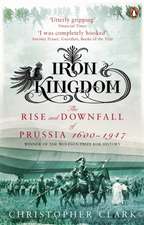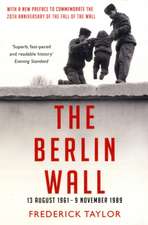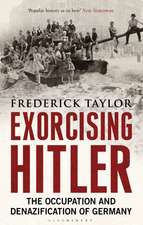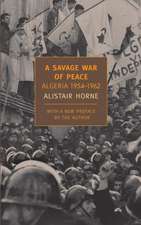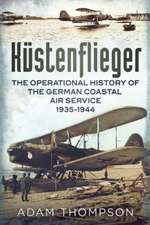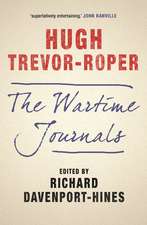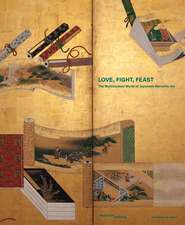Leningrad 1943: Inside a City Under Siege
Introducere de Nicolas Werth Autor Alexander Werthen Limba Engleză Hardback – 26 oct 2014
| Toate formatele și edițiile | Preț | Express |
|---|---|---|
| Paperback (1) | 107.75 lei 6-8 săpt. | |
| Bloomsbury Publishing – 24 iun 2020 | 107.75 lei 6-8 săpt. | |
| Hardback (1) | 319.64 lei 3-5 săpt. | |
| Bloomsbury Publishing – 26 oct 2014 | 319.64 lei 3-5 săpt. |
Preț: 319.64 lei
Preț vechi: 373.52 lei
-14% Nou
61.17€ • 63.70$ • 51.70£
Carte disponibilă
Livrare economică 17 februarie-03 martie
Specificații
ISBN-10: 1780768729
Pagini: 256
Ilustrații: 6 bw illus
Dimensiuni: 135 x 216 x 23 mm
Greutate: 0.41 kg
Editura: Bloomsbury Publishing
Colecția I.B.Tauris
Locul publicării:London, United Kingdom
Notă biografică
Cuprins
Descriere
The Siege of Leningrad is the most powerful testimony to the immeasurable cruelty and horror of World War II. From 1941-1945, the Eastern Front was the site of some of the bloodiest atrocities of the war and the city of Leningrad, now St. Petersburg, proved to be a decisive point in the conflict. German policy was resolutely determined to redraw the map of Europe, annihilate the Soviet Union and give large areas of territory to Finland. Through Hitler's ambition to completely eradicate the city and its entire population, it was decided that the most efficient method of invasion was to encircle and bombard the city into submission. After 872 days of aggression, one and a half million people lost their lives, mostly from starvation. As the sole British correspondent to have been in Leningrad during the blockade, Alexander Werth's eyewitness account presents a harrowing perspective on the savagery and destruction wrought by the Nazis against the civilian population of the city.His writing evokes compelling images of terror - the oil bombing of children's hospitals, mass starvation and cannibalism - with rich and sophisticated commentary on the internal politics of Soviet party chiefs, soldiers and civilian resistance fighters. Both an authoritative historical document and a journalistic re-telling of the overwhelming sadness, grief and futility of 20th century warfare, this is an invaluable look at one of the greatest losses of human life in recorded history.




